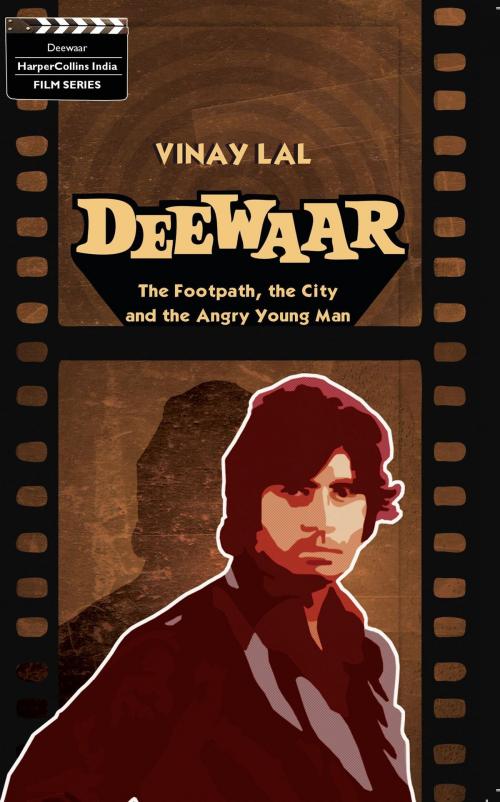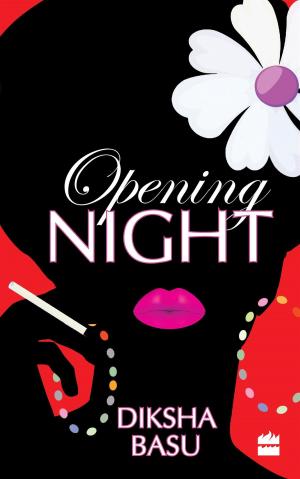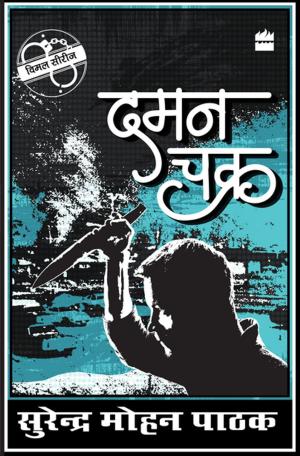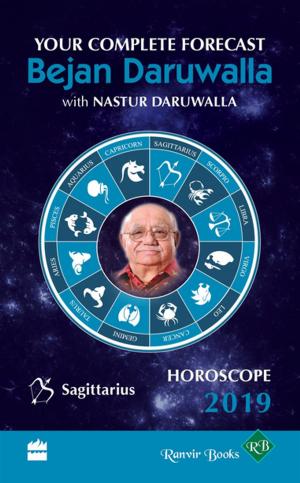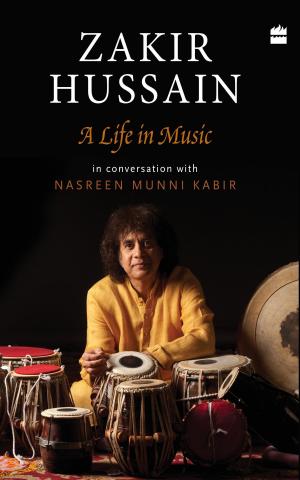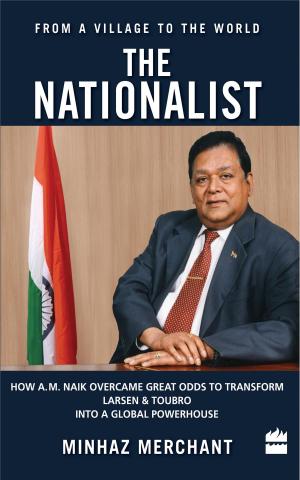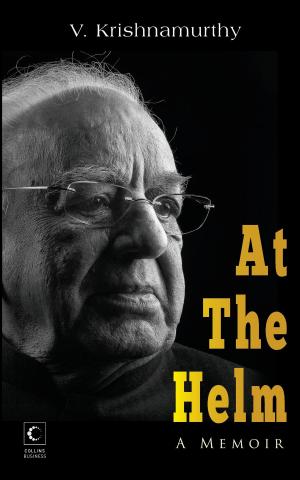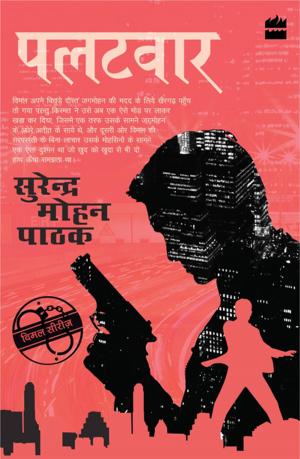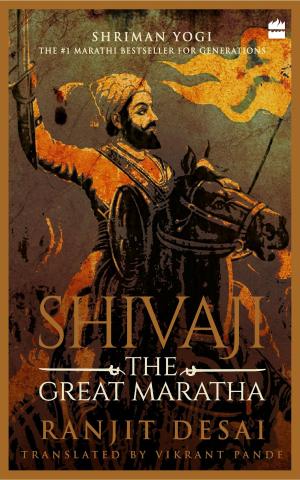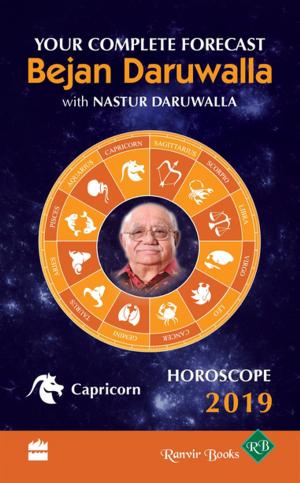| Author: | Vinay Lal | ISBN: | 9789350292464 |
| Publisher: | HarperCollins Publishers India | Publication: | October 3, 2012 |
| Imprint: | HarperCollins | Language: | English |
| Author: | Vinay Lal |
| ISBN: | 9789350292464 |
| Publisher: | HarperCollins Publishers India |
| Publication: | October 3, 2012 |
| Imprint: | HarperCollins |
| Language: | English |
Yash Chopra's 1975 film, Deewaar, one of the most iconic and influential works of superstar Amitabh Bachchan, has been (to borrow a line from the film itself) the 'lambi race ka ghoda', enjoying a nearly unrivalled popularity in the long history of Hindi cinema. Its remarkable plot, crisp dialogues and epic narrative structure, revolving around the familiar story of two brothers whose paths diverge and lead to a fatal collision, have endeared it to millions. And its most famous line, 'Mere paas ma hai', has been endlessly imitated, parodied and referenced in cinematic and cultural works. However, as Vinay Lal demonstrates in his study of Deewaar, the film lends itself to much more complex readings than is commonly imagined. Examining it in the context of the history of Hindi cinema, the migrations from the hinterland to the city, and the political and socio-economic climate of the early 1970s, he draws attention to Deewaar's dialectic of the footpath and skyscraper, the mesmerizing presence of the tattoo, the frequent appearance of the signature and the film's deep structuring in mythic material. In doing so, he assesses Deewaar's unique space in popular Indian culture as much as world cinema.
Yash Chopra's 1975 film, Deewaar, one of the most iconic and influential works of superstar Amitabh Bachchan, has been (to borrow a line from the film itself) the 'lambi race ka ghoda', enjoying a nearly unrivalled popularity in the long history of Hindi cinema. Its remarkable plot, crisp dialogues and epic narrative structure, revolving around the familiar story of two brothers whose paths diverge and lead to a fatal collision, have endeared it to millions. And its most famous line, 'Mere paas ma hai', has been endlessly imitated, parodied and referenced in cinematic and cultural works. However, as Vinay Lal demonstrates in his study of Deewaar, the film lends itself to much more complex readings than is commonly imagined. Examining it in the context of the history of Hindi cinema, the migrations from the hinterland to the city, and the political and socio-economic climate of the early 1970s, he draws attention to Deewaar's dialectic of the footpath and skyscraper, the mesmerizing presence of the tattoo, the frequent appearance of the signature and the film's deep structuring in mythic material. In doing so, he assesses Deewaar's unique space in popular Indian culture as much as world cinema.
